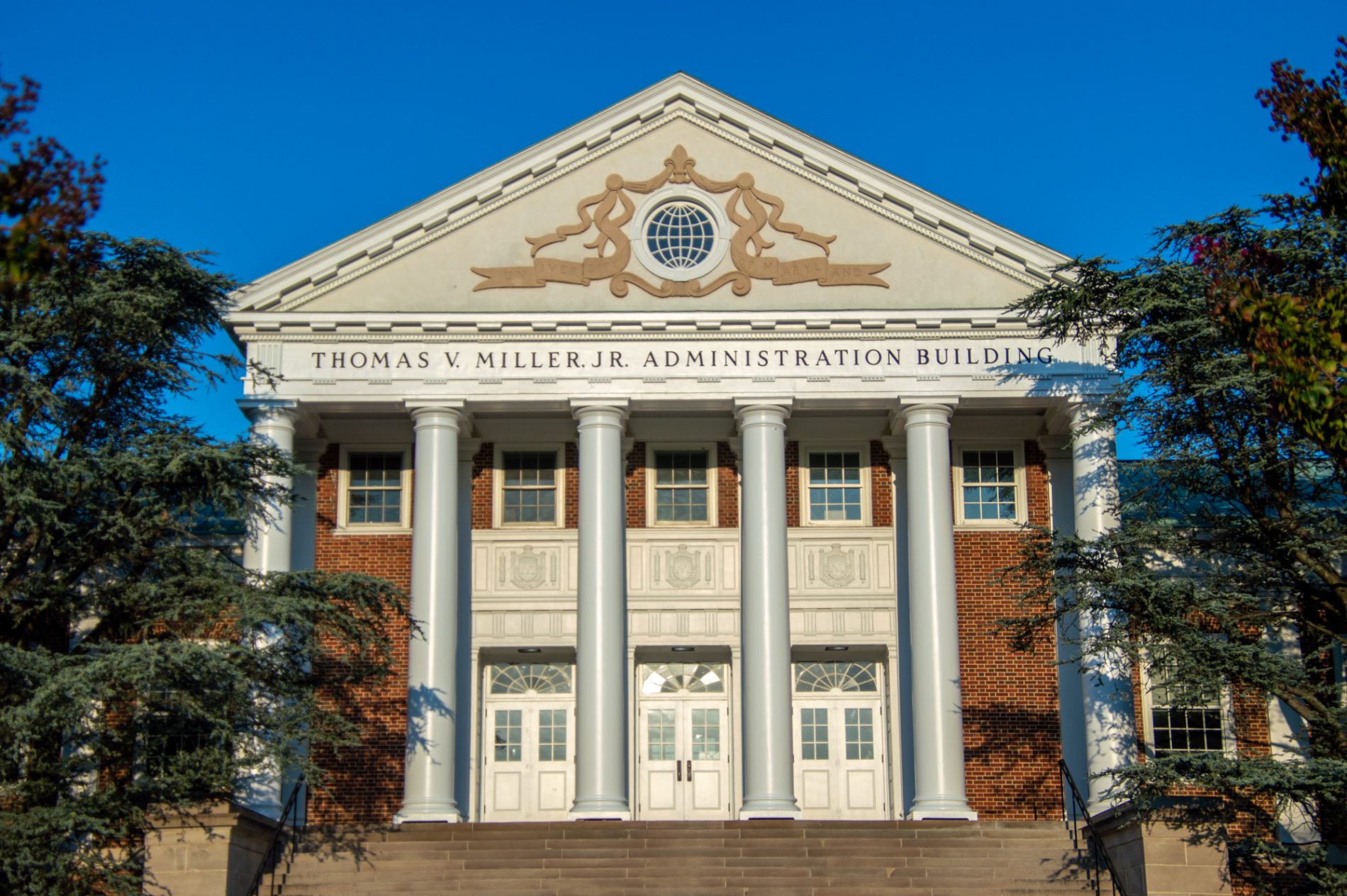Views expressed in opinion columns are the author’s own.
The 2019 celebrity college admissions scandal shined a light on a process which can be rather secretive. The revelation that certain admissions officers and coaches had been bribed by wealthy parents revealed the corruption and biases that are embedded in many aspects of the process.
The scandal also sparked a national conversation about other, legal ways the wealthy can increase the likelihood of their children’s acceptance, such as making large donations to the school or legacy admissions, which is using a family’s history at a school as a factor in the admission decision. This month, Colorado became the first state in the nation to ban legacy admissions in public universities, but more states need to quickly follow suit. Codifying the ban in law is a necessary change if we truly want to make higher education as accessible as possible.
Legacy admissions is a practice that has been proven to favor white, wealthy students over students of color. Making decisions based on family history in a field where people from underrepresented communities were barred from entry for decades has led to these results. For example, white students have been allowed at the University of Maryland since its founding in 1856, while the first Black student was not admitted until 95 years later in 1951. People of color have not had the same potential to build up a family history at this institution. The consequences of this are that more than half of white students have a parent that went to college, while only one-quarter of Black and Native American students and one-fifth of Hispanic students can say the same.
Reliance on family history also acts as a proxy for class and generational wealth. Legacy admissions almost always give priority to students in better economic situations. For example, if your grandparents had enough money to go to Harvard, that means it was more likely that your parents had enough money to go to Harvard, which also means it is more likely that you have enough money to go to Harvard. In terms of both class and race, legacy admissions are a holdover from a previous era where access to education was not as studied or questioned as it is now.
While legacy admissions have received abundant negative news attention since the admissions scandal, it remains prevalent — especially at exclusive private universities where some estimates claim legacy status doubles your chances of admission. While some institutions, such as Johns Hopkins University, have caved in to public pressure and discontinued the practice, others such as Harvard show no signs of stopping soon. In fact, as of 2020, children of alumni were six times as likely to be accepted than children without alumni parents.
Although legacy admissions are not nearly as common in public schools — only 14 percent use them compared to 43 percent of private schools — they are still allowed to take family history into account in every state except Colorado. Thousands of admission spots to public universities are still decided by schools which may use legacy admissions. Of course, this is wrong on both the public and private level, but it is especially unfortunate that state governments allow a process that has been proven to be discriminatory to take place at schools they fund. This fact needs to be acknowledged and changed by law, as Colorado did. The text of the Colorado bill itself describes legacy admissions as a practice which is “discriminatory in nature” and which “hurts students who are … underrepresented minorities.” There is no reason other states cannot do the same. For public schools to truly reckon with their history of racism and classism, they need to stop perpetuating it.
Legacy admissions are a relic from an era when college was seen as an option only for rich, white people. If higher education is to be seen any differently in our modern era, this needs to end. It gives a leg up to students who already had one to begin with, and having laws on the books that allow it is simply inadequate in our current educational environment. Now that Colorado has acted, there is no excuse for other states not to do the same. They must keep tearing down barriers to higher education.
Adam Cullen is a junior government and politics major. He can be reached at acullen@umd.edu.



